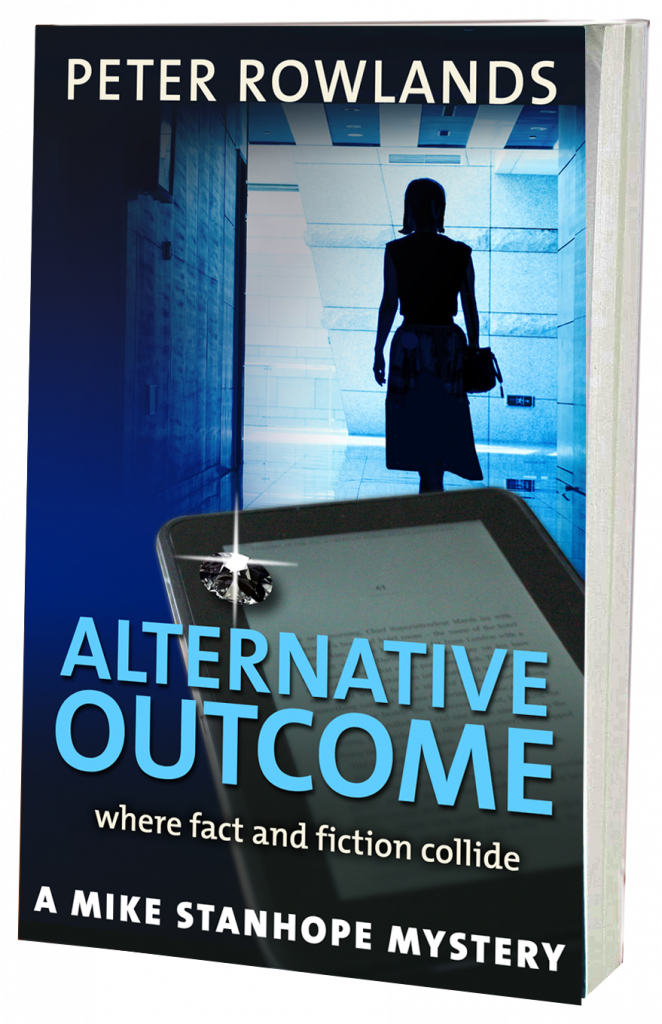Post edited and updated, November 2022
Is a young woman a girl? In the early years of the present century, when I started writing my first novel (as yet unpublished), my very first paragraph introduced someone who was referred to as a “girl”. But we soon learn that she is 24 years old, and after a while it dawned on me that I might be breaking societal rules and even offending readers if I called her anything but a young woman.
It seems to me that this awareness reflects a massive shift in attitudes over recent years, and consequently also in the use of vocabulary. Take, for example, the thrillers written by a writer such as Hammond Innes in the early 1950s. You’ll find that his heroines (usually their mid-twenties or older) are nearly always described as a “girl”. When I was reading those books as a child, I’m certain I saw nothing wrong with this, but now it shouts out at me as being inappropriate and out of keeping with modern thinking.
When I wrote the original version of this blog in 2015, I spent a paragraph or two at this point worrying away over what circumstances might justify the use of the word “girl” for a woman. How young, I asked, does a young woman have to be in order to qualify for being called a “girl”? Twenty? Sixteen? Five? Or to look at it the other way, how old could she be? Thirty? Forty-five?
Total transformation
I feel I must have undergone a total transformation since I wrote that, because now I can’t imagine ever referring to female characters in my books as girls unless that’s what they actually are – people in their mid-teens or younger. I don’t mind if the characters in my novels describe adult women as girls; that would be a sign of their own unreconstructed attitude; but the “authorial voice” shouldn’t do it.
Yet in contradiction of this, there are the exceptions. In my teens I once had a holiday job in a laundry, and a wonderful old guy who worked there as a part-time driver used to call the women in the factory “girls” to their faces. They all looked over sixty to me, but they all seemed to love it. By the same token, to this day women still often refer to each other as “girls”, just as young men might talk about having a night out with “the boys”. Context is all.
Where the term “girl” seems completely out of place now is where a man is using the term automatically, without any contextual rationale, to refer to a woman of his own age. To me it feels demeaning, and suggestive of a very unequal power balance in the relationship. Calling the woman a “girl” implies that the man sees her as somehow delicate and vulnerable –perhaps not even a fully-fledged adult. I suspect that this is hardly how she would see herself!
Beware modern sensibilities
But what are we to make of all those old novels that did use the term “girl” for women up to at least 30 years old? Back in the day it was almost the norm, though even then, it probably conveyed a misleading and inappropriate message, albeit subliminally. It was an indicator of different times and different attitudes, and a clue to the struggle women would have to join in subsequent years to even out the inequality. However, should that stop us from even reading such books? I hope not! If we abandoned anything historical that might contain nuances offensive to modern sensibilities, there wouldn’t be much left.
That said, I’m much more conscious now than in the past of the need to avoid pitfalls like this in my own writing. I’ve even been gradually checking my existing portfolio of books in case there are any instances where I’ve broken my own rule. If you find any, rest assured that I’m on the case.


